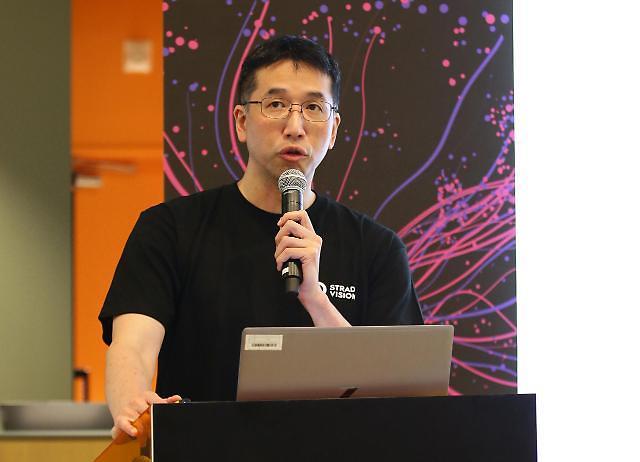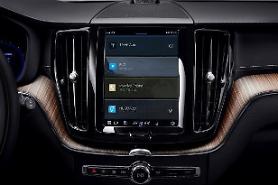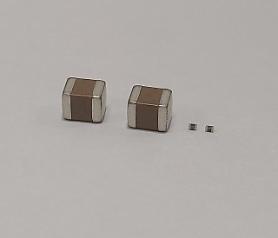
[Courtesy of Stradvision]
SEOUL -- Stradvision, an innovator in vision processing technology for autonomous vehicles and advanced driver assistance systems, aims to expand its business beyond autonomous driving and driving assistance to all industries where vision AI can be applied. Vision AI trains computers to replicate the human vision system and enables digital devices to identify and process objects in images and videos.
Stradvision's deep learning-based software solution, SVNet an object recognition software that recognizes surrounding vehicles, pedestrians, lanes, and traffic lights by analyzing images entering a camera mounted on a vehicle with AI technology. It is an ultra-light, high-efficiency solution that implements deep learning-based object recognition with minimal computation and power consumption.
SVNet Tools, an auto labeling solution, eliminates the possibility of human error and automatically searches for and annotates objects, traffic signs, free space, parking spaces and lanes.
"In the medium term, we will expand vision AI to adjacent business areas such as aviation, logistics, and mobility. Ultimately, we will develop vision AI that can be applied to any machine and make it a general-purpose product, and establish ourselves as a firm global leader in this field," Stradvision CEO Kim Jun-hwan told reporters on September 4.
Stradvision has put forward a lightweight product that can be implemented even in low-end processors. Its new technology provides 3D spatial information based on vision AI, analyzes visual information, and shows it in augmented reality navigation or head-up display. The company's goal is to install SVNet into 10 million vehicles by 2027 and 56 million by 2032.
Copyright ⓒ Aju Press All rights reserved.



